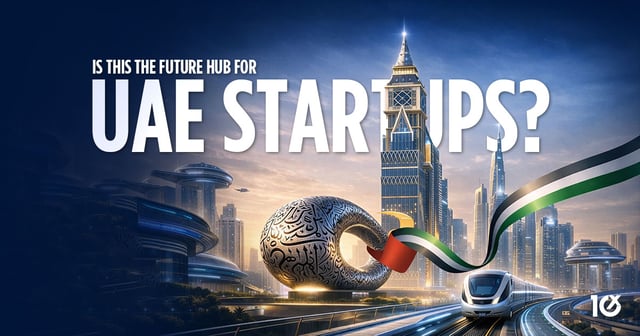The Mohamed bin Zayed University of Artificial Intelligence and Israel’s Weizmann Institute of Science sign MOU
The Mohamed bin Zayed University of Artificial Intelligence (MBZUAI) and Israel’s Weizmann Institute of Science have signed a Memorandum of Understanding that will see the two higher education institutes work together across a range of fields.
The MoU, the first of its kind to be signed between two higher education institutes from the UAE and Israel, was signed virtually by Dr. Sultan bin Ahmed Al Jaber, Minister of Industry and Advanced Technology and Chairman of the MBZUAI Board of Trustees, and Weizmann Institute President Professor Alon Chen.
The MoU covers a range of opportunities for collaboration, including student and postdoctoral fellows exchange programmes, conferences and seminars, various forms of exchange between researchers, sharing of computing resources, and the establishment of a joint virtual institute for artificial intelligence.
This follows the historic Peace Accord agreement, which establishes full normalisation of relations between the UAE and Israel. The diplomatic breakthrough deal will lead to cooperation between the two countries on investment, tourism, direct flights, security, telecommunications, technology, energy, healthcare, culture, the environment, the establishment of reciprocal embassies, and other areas of mutual benefit.
The Mohamed bin Zayed University of Artificial Intelligence, established in 2019, is the world’s first graduate-level, research-based AI university. The Weizmann Institute of Science in Rehovot, Israel, is one of the world’s top-ranking multidisciplinary research institutions and offers masters’ and doctoral-level degrees across five faculties.
The collaboration will advance Weizmann’s flagship project, the Artificial Intelligence Enterprise for Scientific Discovery, which will build on the Institute’s prominence in mathematics and computer science, and activate the potential of AI to speed knowledge acquisition in data-heavy endeavors like biomedicine, environmental research, chemistry, astrophysics, education, and more.






